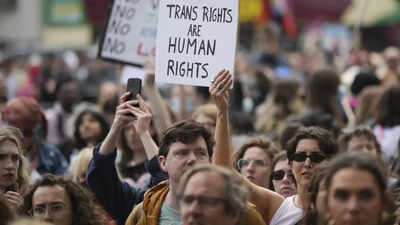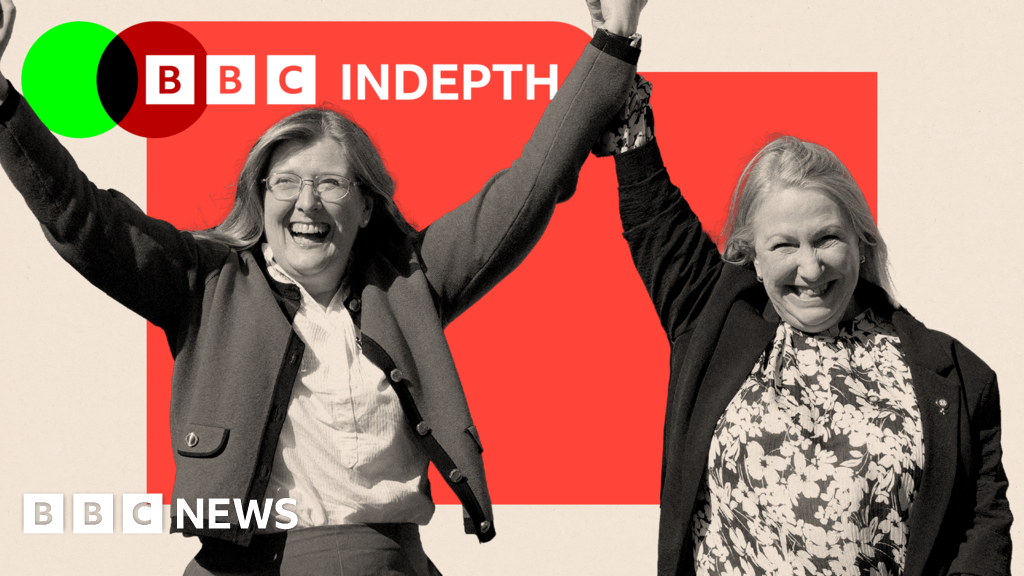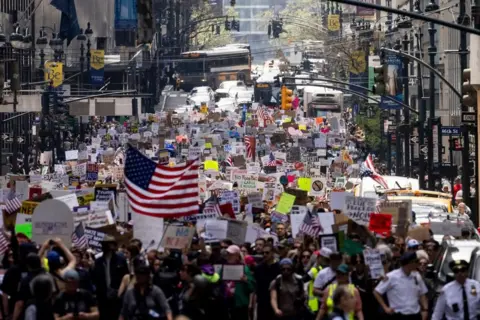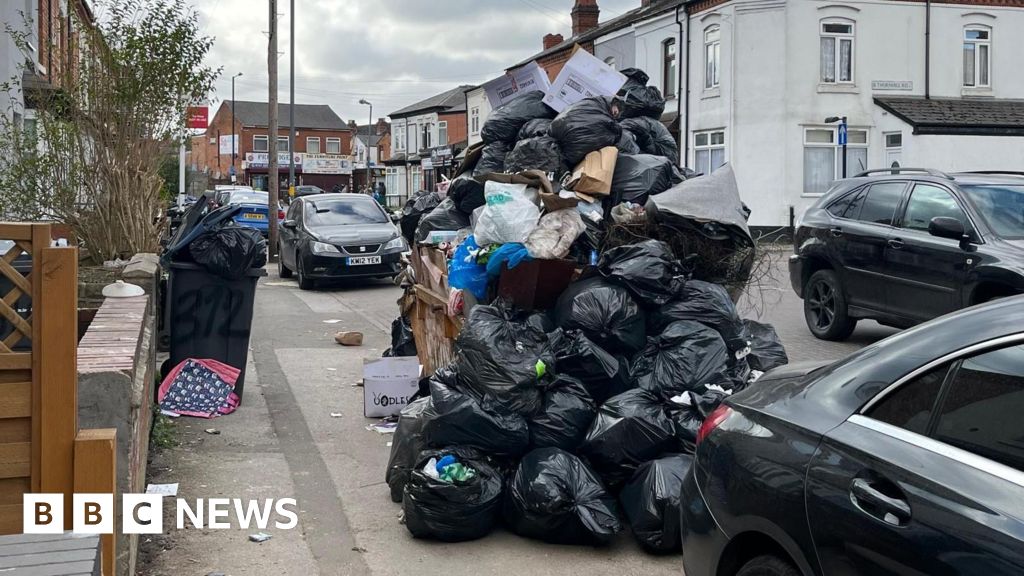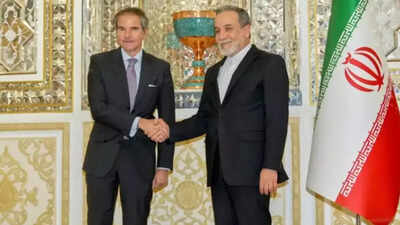Trump and Rubio Urge Urgency in Ukraine-Russia Peace Negotiations

On Friday, President Donald Trump addressed ongoing diplomatic efforts regarding the conflict between Ukraine and Russia, asserting that negotiations are approaching a critical juncture. In his remarks, he emphasized that neither side is attempting to manipulate the United States amid these efforts to resolve the protracted war that has caused immense suffering and geopolitical tension.
Trump's comments followed a warning from Secretary of State Marco Rubio, who indicated that the U.S. may reconsider its involvement in seeking a peace deal if tangible progress is not made in the near future. After months of diplomatic endeavors that have yet to yield a definitive outcome, Rubio articulated the growing frustration within the administration. Now, if for some reason, one of the two parties makes it very difficult, were just going to say youre foolish. You are fools, you horrible people, Trump remarked. He added that he hoped such drastic measures wouldnt be necessary, signaling a desire for a resolution.
Rubio's stark assessment followed significant discussions in Paris involving U.S., Ukrainian, and European officials, which reportedly laid the groundwork for peace and hinted at some long-awaited advancements. A follow-up meeting is anticipated in London next week, which Rubio indicated could be pivotal in determining the future of U.S. involvement in the negotiations.
We are now reaching a point where we need to decide whether this is even possible or not, Rubio stated during a press conference in Paris. Because if its not, then I think were just going to move on. Its not our war. We have other priorities to focus on. He underscored the urgency of assessing the situation within a matter of days, reflecting the administration's impatience for resolution.
In a related phone call with NATO Secretary-General Mark Rutte, Rubio reiterated his concerns, stating, if a clear path to peace does not emerge soon, the United States will step back from efforts to broker peace.
While Trump expressed agreement with Rubio's critique of the negotiation dynamics, he was cautious not to declare an end to U.S. diplomatic efforts. Marco is right, Trump acknowledged. But we want to see it end.
Rubio's statements are likely to heighten the pressure on both Ukraine and Russia to arrive at a peace agreement, particularly as the U.S. and Ukraine have made strides towards a minerals agreement. This agreement aims to recoup billions of dollars in military assistance provided by Washington to Kyiv since the onset of Russias full-scale invasion in February 2022.
Despite the ongoing push for peace, both Trump and Rubio have acknowledged that achieving a comprehensive ceasefire will be a complex and arduous journey. Trump has frequently claimed during his campaign that he could resolve the conflict swiftly, a statement he attributed to sarcasm during a recent interview.
Following the discussions in Paris, U.S. officials are prepared to approach Russia with a combination of incentives and pressures. A French diplomatic figure involved in the negotiations revealed that the United States recognizes the necessity of establishing a "relationship of force" to secure commitments from both parties.
Furthermore, while sanctions against Russia were discussed, the conversation did not include proposals for easing sanctions, signifying a commitment to maintain pressure on Moscow. The European Union, according to the French official, must utilize all instruments at our disposition to ensure Russia adheres to any future agreements.
In a seemingly more optimistic vein, U.S. Vice President JD Vance, speaking from Rome before meetings with Italian Prime Minister Giorgia Meloni, conveyed hope regarding the negotiations. We think we have some interesting things to report on, of course in private, he stated, remaining non-committal but expressing optimism about the potential to conclude the violence. Details were scarce following his remarks.
Simultaneously, the U.S. and Ukraine are nearing a long-anticipated agreement that would grant the United States access to Ukraines extensive mineral resources, a critical component of Trumps strategy to secure financial support to repay military aid. Ukrainian Economy Minister Yuliia Svyrydenko confirmed that a memorandum of intent was signed with U.S. Treasury Secretary Scott Bessent, paving the way for substantial investments and infrastructure development.
The framework for this minerals deal had initially stalled following a contentious meeting in the Oval Office between Trump, Vance, and Ukrainian President Volodymyr Zelensky, but talks have since resumed, demonstrating a renewed commitment from both sides.
Despite the urgency surrounding peace negotiations, Rubio characterized the recent Paris discussions as constructive. He refrained from placing blame on either Russia or Ukraine for the lack of progress, although he did inform Russian Foreign Minister Sergei Lavrov about the developments that emerged from the talks. However, he did not disclose Lavrov's response.
In response to inquiries about Rubios earlier comments, Kremlin spokesman Dmitry Peskov noted that negotiations with the U.S. are ongoing but described them as fairly complex. He mentioned that there are currently no scheduled direct talks between Trump and Putin.
Peskov also reiterated Russia's commitment to resolving the conflict while securing its own interests, emphasizing an openness to dialogue.
As negotiations continue, it is notable that a limited ceasefire supported by Washington, which both Russia and Ukraine had tentatively agreed to last month, has since lapsed with no clear next steps outlined by Moscow.
Reports from Ukrainian officials indicate that hostilities have persisted, with civilians suffering as a result of continued Russian strikes. Following a devastating missile attack on Palm Sunday that resulted in at least 34 casualties in Sumy, further strikes early Friday hit Kharkiv, resulting in one death and numerous injuries, including children. Mayor Ihor Terekhov reported that cluster munitions struck densely populated areas, raising concerns about civilian safety.
The conflict remains a source of immense pain and loss, with recent attacks underscoring the brutal reality on the ground. As both sides grapple with the complexities of negotiations, the world watches closely, hoping for a resolution that can bring lasting peace to a region beset by violence for far too long.

















